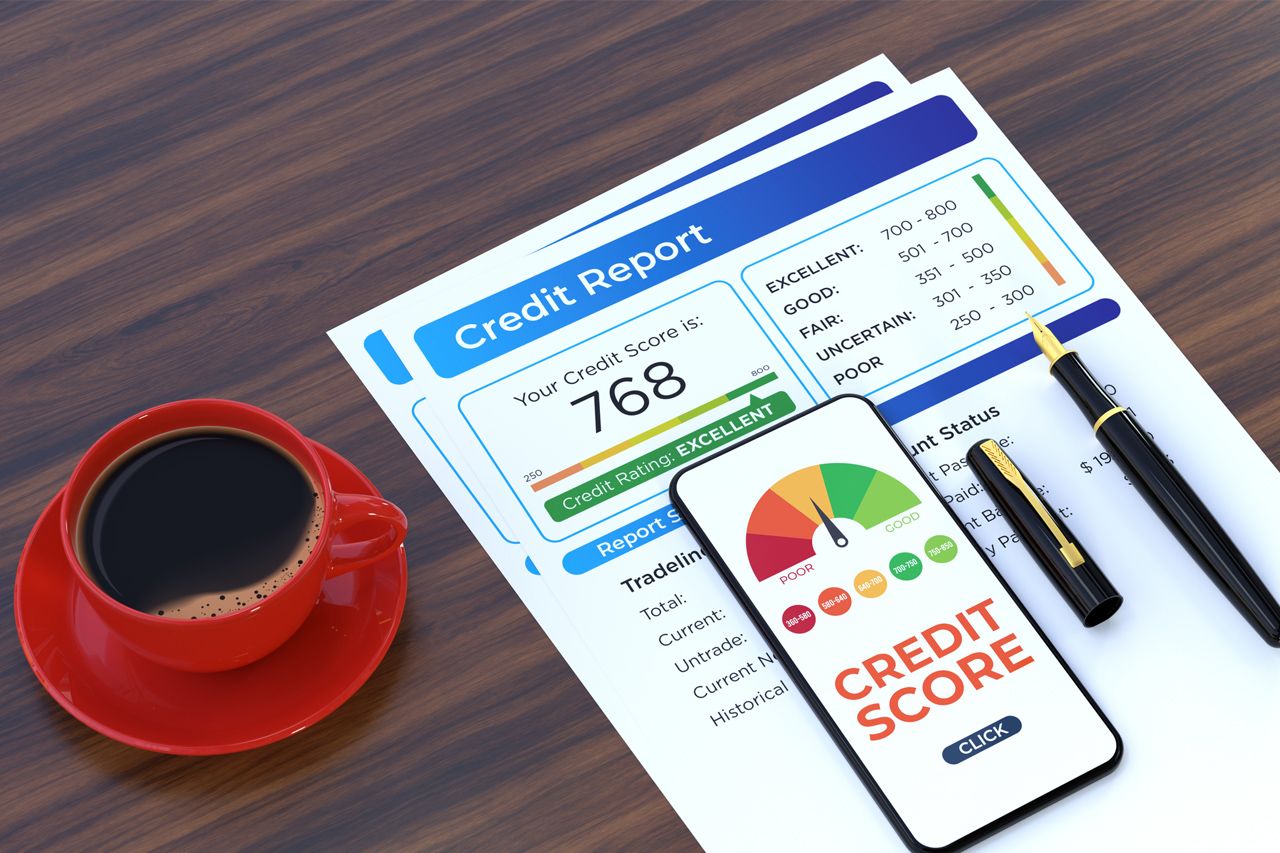Credit Report Disputes: How They Work and How They Affect your Credit
Credit reporting agencies try their best to standardize scores and prevent errors.
Have you found an error on your credit report? If the error has lowered your credit score or you are the victim of identity theft, you can dispute the inaccurate information. Each of the big three credit reporting agencies—Experian, Equifax, and TransUnion—have free dispute processes to help consumers remove any incorrect information. Learn how to dispute inaccurate information on your credit report.
What to Know Before Disputing an Item on a Credit Report
Before you dispute any item, there are a few things to understand.
The Government is on Your Side
The first thing to know is that disputing something on your credit report DOES NOT hurt your credit. The Fair Credit Reporting Act (FCRA) is a federal law to protect consumers by requiring accurate and fair credit reporting. It gives consumers the right to dispute errors and requires the credit bureaus to review the disputed items and remove the mistake upon verification. The Consumer Financial Protection Bureau (CFPB) provides more information about your rights.
Major Credit Bureau Reports May Vary
Lenders may not report information to every one of the big credit reporting companies resulting in differences among the credit reports. Ensure correct and up-to-date credit information on your credit reports by requesting free credit reports from annualcreditreport.com.
Not All Errors Require a Dispute
While you have a right to dispute as many items as you want, errors with no impact on your creditworthiness are better left alone. Wrong or old phone numbers or P.O. Box numbers do not affect your score, and the time it takes to correct them is probably not worth the effort. Agencies do not have to investigate frivolous claims, so you may submit a request that will not have an impact. Make sure anything you submit includes sufficient information and that you have not submitted it previously.
How to Dispute Credit Report Errors
Resolve your dispute within 30 days by submitting clear and accurate information. Follow these steps to correct your report information quickly.
Collect Appropriate Supporting Documentation
You may need to provide copies of the following documents:
- Bank statements showing account numbers
- Credit card statements
- Driver’s license
- Birth certificate
- Pay stub with social security number
- Utility bills
- Rental agreements
Mail a Dispute Letter or File a Dispute Request Form
Use the following options to submit your dispute:
Equifax Information Services, LLC
Mail: P.O. Box 740241 Atlanta, GA 30374
Online: Equifax Online Disputes
Phone: (866) 349-5191
Experian
Mail: P.O. Box 4500 Allen, TX 75013
Online: Dispute Center
Phone: (888) 397-3742
TransUnion LLC
Mail: P.O. Box 2000 Chester, PA 19016
Online: Consumer Dispute Center
Phone: (800) 916-8800
Inform the Furnisher
Contact the furnisher or entity that provided the negative information in writing, such as a credit union, debt collector, or lender. Submitting a dispute with them will help prevent future reports with incorrect data.
What Next?
The agencies are obligated to report the dispute results within 30 days. According to the Federal Trade Commission, credit reporting companies must investigate your dispute, forward all documents to the furnisher, and report the results to you unless they determine your claim is frivolous.
A result in your favor requires the furnisher to correct the information and report the correction to the credit reporting companies. The correction will reflect your reports and could increase your credit score.
If the disputed item is correct as reported, the data will not change, but you can request the inclusion of a statement explaining the dispute in your credit file for future reference.
Monitor and Manage Your Credit Score
Your credit score can influence whether you are approved to purchase a car, a home, and even a cell phone. Make sure you know your credit score, how you can protect it, and how to monitor your credit reports. Find more information on managing your credit score in the Personal Finances section of TDECU’s Advice Center today.
